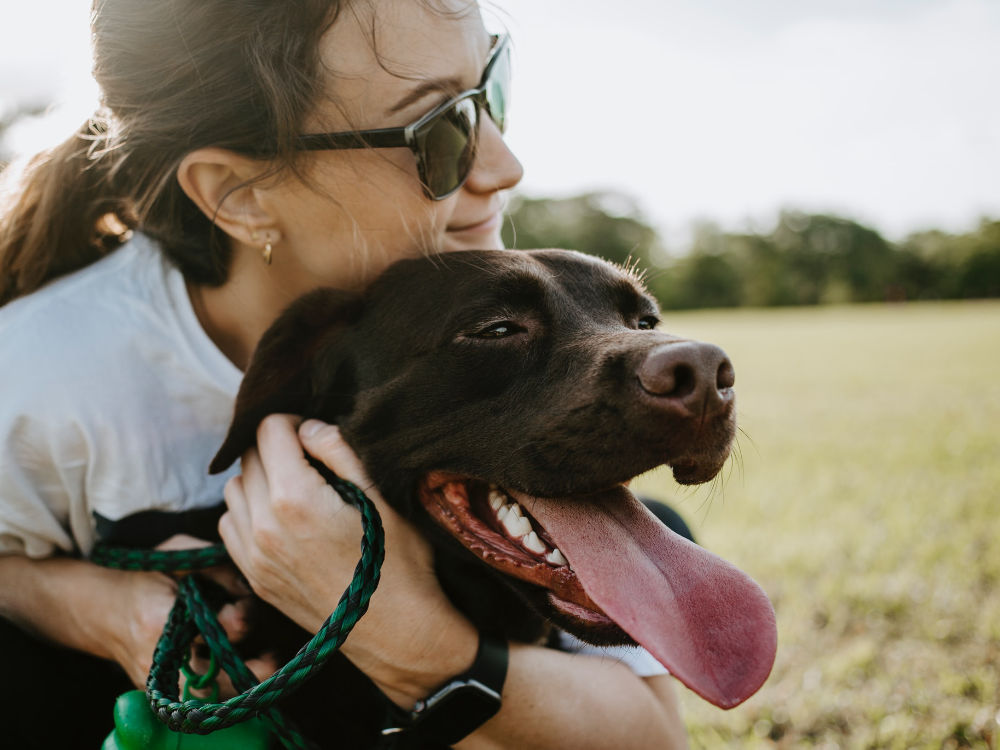
26 Jul My Dog Has Pain or Difficulty Opening Its Mouth
Dogs typically perform their wide, toothy yawns with no problems, but occasionally we can see signs of difficulty or even pain when opening the mouth. If your dog appears to have pain opening his jaw, cries when opening his mouth wide or can’t open his mouth at all, he is probably experiencing an issue that needs to be addressed by a veterinary dentist.
Signs Your Dog Has Jaw Pain
Although dogs are excellent at hiding their pain, jaw discomfort or pain are often manifested by the dog crying out and jerking its head back when it tries to yawn or chew on something firm, the jaw only opening a fraction of the normal amount, or the dog having difficulty eating or dropping food or toys it tries to pick up with its mouth.
Common Reasons Dogs Get Jaw Pain
The medical term for this painful condition is trismus. There are many reasons why this could happen, and we have to look at the anatomy of the head to pinpoint the source of the problem.
Bone and joint problems that can lead to trismus include:
- Dislocation of the jaw – which can lead to arthritis and even cause the jaw to fuse closed if the arthritis is bad enough.
- Craniomandibular osteopathy – This is a non-cancerous, non-inflammatory bone growth abnormality that occurs in young, growing dogs 3-8 months old, and essentially only affects the bones of the head. It is hereditary in certain breeds of dogs such as Scottish, Carin, and West Highland White Terriers, but can occur in other breeds. There is no definitive treatment other than supportive care, but thankfully for many dogs it resolves once the bones mature. In some dogs it is extremely painful however, which can sometimes lead to euthanasia.
- Tumors, infection, inflammation, or traumatic fracture of the bones, cartilage, or joint capsule also can occur.
Muscular problems that can lead to trismus include:
- Masticatory myositis – This is an inflammatory problem where the immune system attacks the chewing muscles. These muscles have unique muscle fibers called 2M fibers that don’t occur anywhere else in the body. This typically occurs in dogs about 3 years old, and is most common in Labradors, Goldens, German shepherds, Dobermans, and Cavalier King Charles spaniels, but also occurs in other breeds. It can be gradual or very sudden onset, and sometimes it is very painful. Initially, it causes the muscles to swell and the eyes to bulge out, then over time the muscles begin to waste away (atrophy). It may result in complete inability to open the mouth. It can be diagnosed with a blood test in about 85% of patients, but the other 15% require a muscle biopsy. If treated early by suppressing the immune system, it can be put into remission, even to the point of returning to normal. However, it is never completely gone and some dogs need life-long medication. If treatment is delayed, the damage can be permanent.
- Polymyositis – This is a condition that can affect any skeletal muscle in the body, including the chewing muscles. It can be immune mediated, similar to masticatory myositis, where the immune system attacks the muscles, or it can be caused by an infection from quite a few different types of organisms, including viruses, bacteria, protozoa, rickettsia, and parasites. The dog may exhibit lameness, weakness, or difficulty walking, moving its neck muscles etc. in addition to having trismus. It can cause muscle swelling or atrophy. Diagnosis may involve quite a few different diagnostic tests to establish exactly what is the cause, including blood tests, MRI, and muscle biopsy. Treatment and prognosis depend on the cause and the response to treatment.
- Muscular dystrophy – This is a generic term for several rare genetic conditions that can lead to severe muscular, digestive, and cardiac problems, eventually resulting in death in many cases. There are many breeds that can be affected, and dogs are typically young when symptoms occur. It is more commonly manifested in male dogs, females are more likely to be asymptomatic genetic carriers. There is no known treatment. Prevention lies in not breeding affected animals and not repeat breeding their parents. Genetic screening tests may be available for breeding dogs.
- Tumors of the chewing muscles.
- Trauma to the muscles.
Other problems that can lead to trismus include:
- Foreign objects such as a piece of stick or bone stabbed into the back of the mouth can cause a physical impediment or significant pain when opening.
- Abscess behind the eye, which can be caused by a tooth root abscess of the upper molars or premolars, or by penetrating or migrating foreign objects such as sticks, bones, porcupine quills, and foxtails (grass awns).
- Painful dental disease.
- Tetanus infection – Thankfully, dogs are much more resistant to tetanus infection compared to humans and some other animal species. It still can occur, however. Tetanus can be localized or generalized. In addition to “lock jaw,” dogs can exhibit a “sardonic grin” with their lips, eyes, and ears pulled back, stiff legs, difficulty or complete inability to walk, and potential difficulty breathing. Dogs with tetanus sometimes require intensive supportive care while being treated with antibiotics and potentially antitoxin. Prognosis can vary depending on severity, but most dogs do recover.
Dog Dentist in Colorado Springs
Early diagnosis and treatment of trismus are often extremely important. If you find that your dog is showing signs of jaw pain or having difficulty opening his mouth, please see your veterinarian right away. If you are looking for a Board-Certified Veterinary Dentist in Colorado Springs, the doctors at Animal Dental Care and Oral Surgery will treat your furry companion like family.
Photo by Wade Austin Ellis on Unsplash (7/26/2021)

